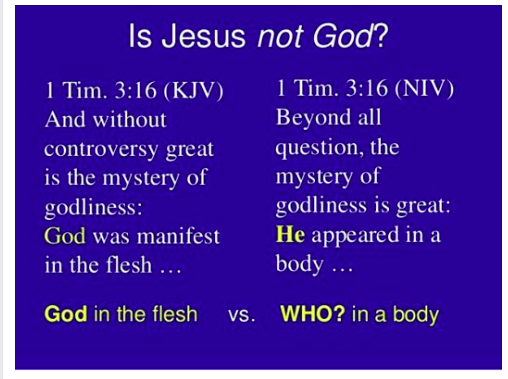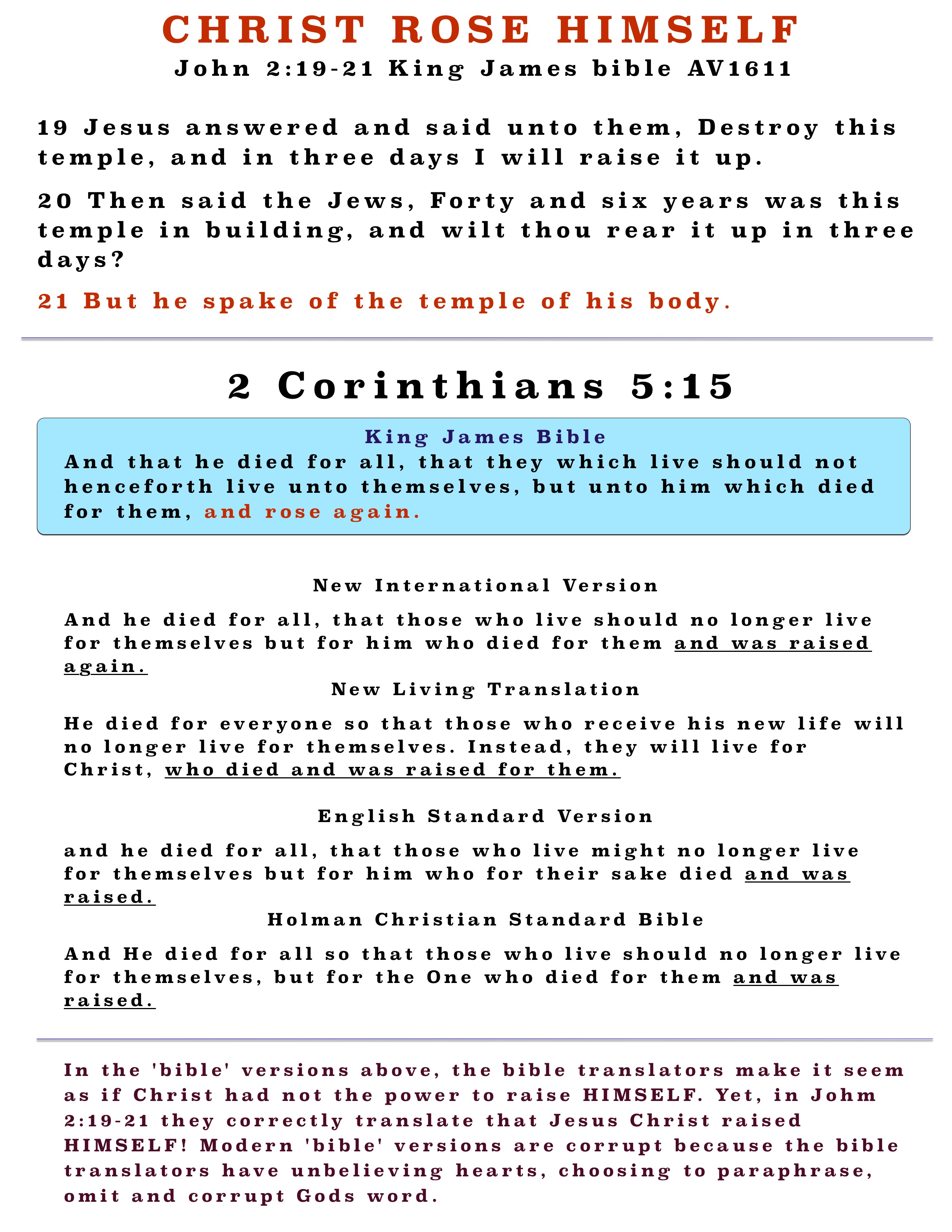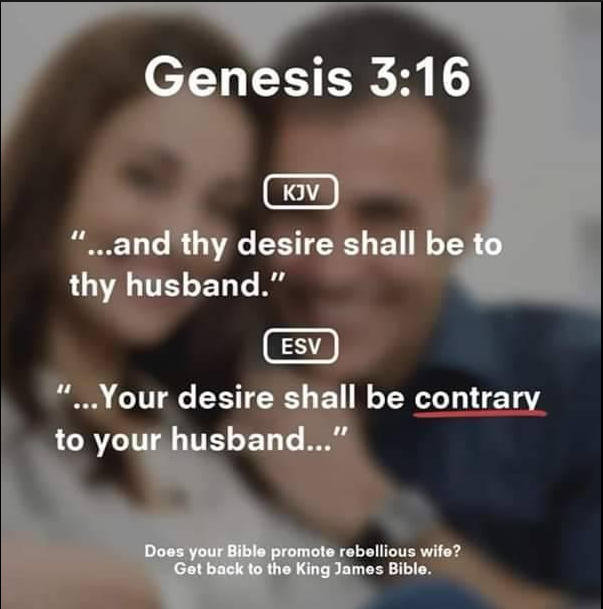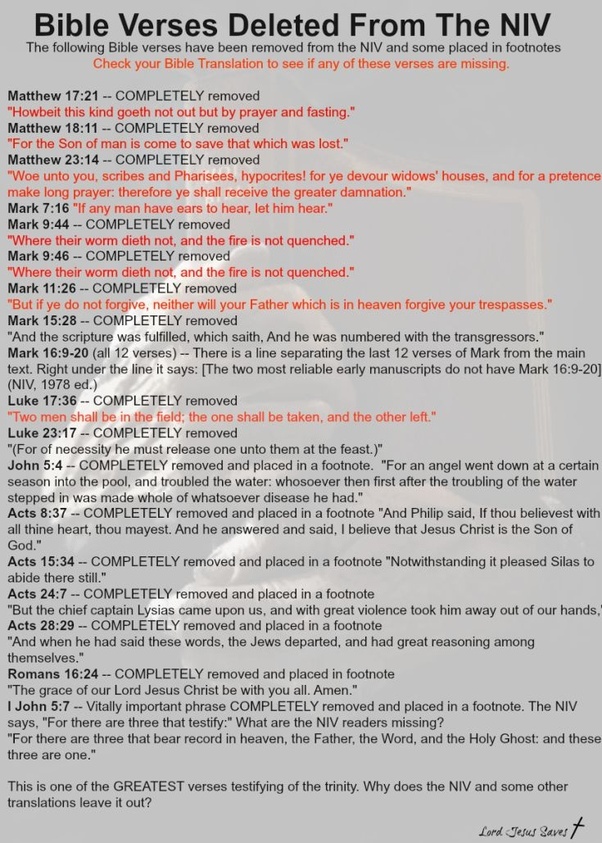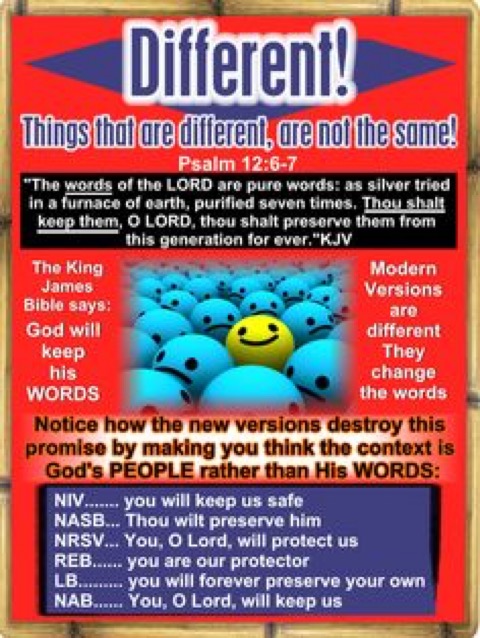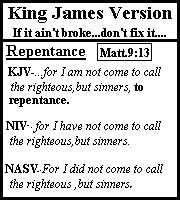- Jul 22, 2014
- 41,502
- 7,861
- Country
- United States
- Faith
- Non-Denom
- Marital Status
- Married
I'm currently using a New American Standard Bible (The Open Bible Expanded Edition, Nelson) as well as a New King James Study Bible (Nelson) in my studies in order to have several different translations of the Word of God.
I typically take the NASB to church with me because, while it has a huge Biblical Cyclopedic Index in the front and a two page introduction prior to each book in the Bible, the books are pretty straight forward with their content, not having a huge number of footnotes and no side margin information.
I would like to add a third physical Bible to add to my studies. I know, my YouVersion app has multiple translations at my fingertips, but I find I'm more focused if I have an actual Bible in front of me.
What translation would you advise me to purchase? Is there a specific Bible in that translation you would recommend?
Both of my translations above come from the "word-for-word equivalence" side of the spectrum (although the NASB more so), so I'm wondering if I might need a more "thought-for-thought" equivalent such as the CSB, NIV, or NLT?
I would like something accurate and not overly difficult to read/understand. Would prefer words of Christ in red and large(r) print, but these are not requirements.
Unfortunately both of the Christian bookstores in my town have gone out of business.
Thank you very much for your help and guidance!
BCubed
I believe the KJV is the perfect Word of God, but I like using the New Living Translation (NLT) when reading the Old Testament. It speaks plainly in many cases (even though there are problems in it like all Modern Translations have). The New Testament is pretty understandable in the KJV for the most part. Sometimes in Acts it is a little confusing, so then I switch to either the NLT or the AMP (Amplified Bible).
As for reading: If you don't want to lug a heavy book around and yet you want that paper look when you read it, I would highly recommend checking out the Kindle Oasis. It looks like a regular piece of paper but it is on a small little pad that is lightweight and waterproof. I can read my Bible while I am relaxing in the bathtub. I also have taken it to church. It's great.
https://www.amazon.com/All-new-Kindle-Oasis-now-with-adjustable-warm-light/dp/B07GRSK3HC/
The 8gb is out of stock, but the 32 gb is in stock.
It's a little pricey for an ebook reader, but in my opinion it is worth it if you are invested in reading as a lifetime commitment.
Upvote
0

